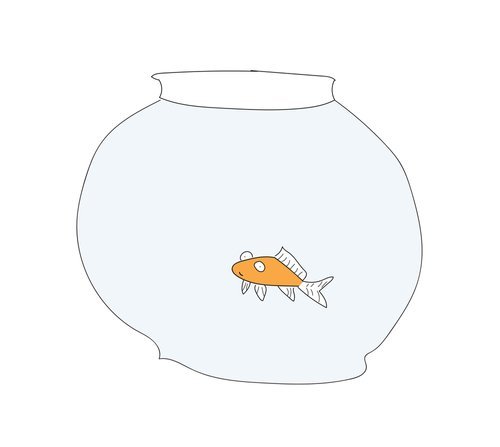Science funding and the national imagination
Raj Ladher, a professor at the National Center for Biological Sciences in Bangalore (now known as Bengaluru), recently called the U.S. “the best research ecosystem in the world.” The phrase is somewhat bittersweet, appearing as it does in an article in The New York Times about how the current administration is creating an unwelcoming climate for international researchers to come to this country to pursue their work, a development that threatens America’s capacity to remain a global leader in scientific research. Since taking power, the federal administration has pursued cuts to the funding of scientific institutions, threatened the autonomy of universities, and, on the issue of immigration, embraced exclusionary rhetoric and policies that threaten to close America off from the rest of the world, including from international students and those who seek to come here to participate in, and enrich, its research ecosystem.
It is difficult to see this happening and not think of the many who have come to the U.S. to be part of our scientific ecosystem, and how much we stand to lose by closing the door to those who wish to do so now. I think, for example, of Benoit Mandelbrot. Born in Poland and raised in France, he developed a new visual approach to math, exploring irregular shapes and patterns in nature. In the 1950s, he moved to the U.S. and took a position at IBM, an unusual choice for a theoretical mathematician. At IBM, he was given space to develop his science, including his work on fractals, leading to his 1982 book, “The Fractal Geometry of Nature,” which sparked widespread interest across disciplines, from physics and biology to economics and art. Today, fractal geometry has influenced fields including computer graphics, financial modeling, medicine, and environmental science. There are countless examples like that of Benoit Mandelbrot — of scientists who came to the U.S. to do their work — from Albert Einstein, to Katalin Kariko, to Rita Levi-Montalcini. Such scientists, and many others, chose to pursue their work in this country because this has long been a place that welcomes discovery science.
Read more here


